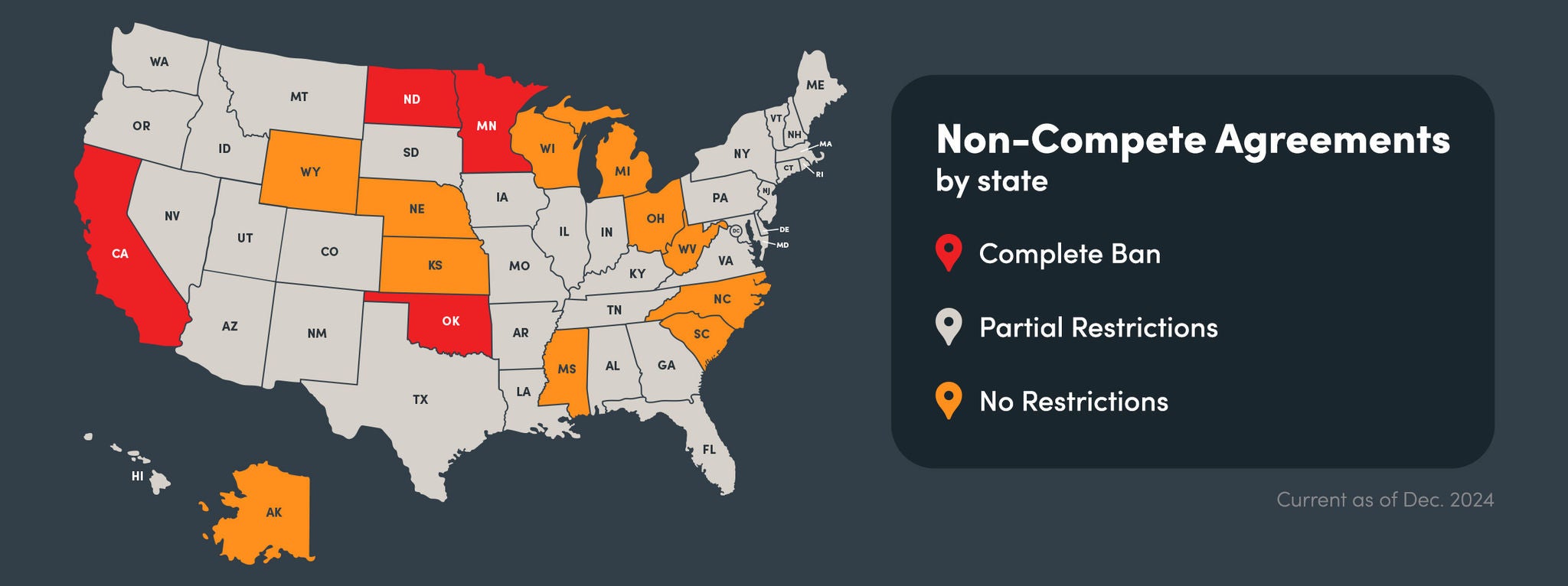Avoid Compliance Headaches with Paylocity
The FTC estimates that 30 million employees nationwide are covered by a non-compete agreement. Even in states with no non-compete restrictions, former employees can challenge the validity of such clauses for being unreasonable. Given how widely state laws vary, employers who use a non-competition agreement should prioritize understanding every compliance obligation where their business operates.
This is where having the best payroll compliance software can make a world of difference. Specifically, integrated platforms with tools dedicated to:
- Uploading and storing important documents
- Applying the latest legislative updates
- Recording and verifying a worker’s employment status or classification
Request a demo today and see how much easier payroll compliance can be.






